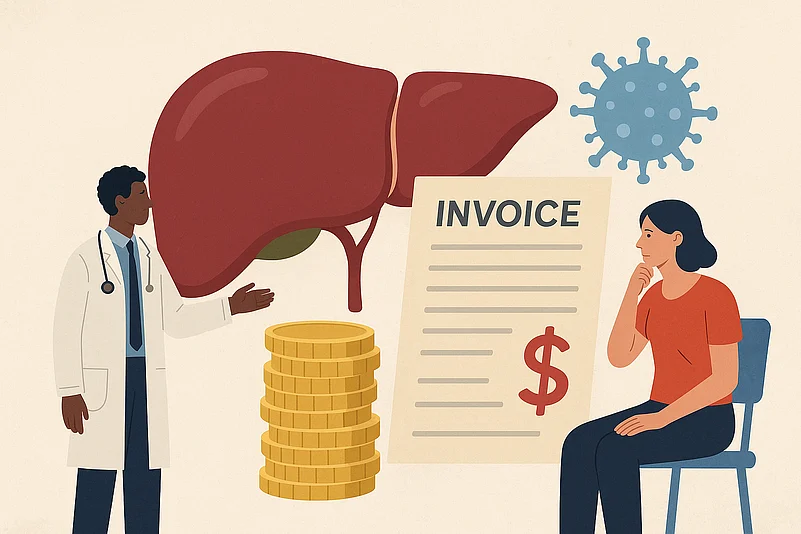The scary fact is that Hepatitis (especially Hepatitis A, B, or E) can cause acute liver failure, within days or weeks, even in those with no prior liver disease. The price of a liver transplant in India can range between Rs 20 and Rs 35 lakh, depending on the type of hospital, city, or place of living, and post-surgery care. Most of the time, it ends up being a significant out-of-pocket expense for the family, especially in an emergency. Health insurance covers it, but there would still be significant out-of-pocket expenses.
What Is Covered And What Is Not
“Although there are private health insurance plans that will cover organ transplants, many have exclusions such as limits on payment, sub-limits on donor items, waiting times, etc., that often lead to individual families not being able to recover anything back at all they paid into it,” says Kunal Varma, CEO and Founder, Freo.
There is likely some government help from some scheme like Ayushman Bharat, state health missions, or through employee insurance as a perk provided by the employer, but typically, not many families know or have access to it. For the most part, families end up relying on funds that they have in personal bank savings, often crowdfunding, or loans.
Yes, both Ayushman Bharat and comprehensive private health insurance policies usually offer coverage for hepatitis-related complications unless they are pre-existing at the point of policy acquisition. The issue is the fine print of the policy, some of them may not cover certain hepatitis conditions especially if they are alcohol-induced liver conditions or recently diagnosed within the waiting period. “If they are covered, the patient also has to consider if the policy covers organ donor expenses, normally just as large as the transplant expense, ICU stay, and anything related to the post-transplant care, all of which are a large part of the total expense,” says Varma.
The Key Challenges In Getting Treatment
Yes, both Ayushman Bharat and private comprehensive health insurance policies generally cover complications due to Hepatitis, unless it is pre-existing at the time of purchasing the policy.
However, the problem lies in the fine print of the policy; some policies exclude certain kinds of Hepatitis, especially conditions due to alcohol abuse, or those diagnosed within the packaging waiting period.
“And even if it is covered, the patients must verify if the policy allows an organ donor expense, the intensive care unit expense, and the post-transplant costs, which make up a large percentage of the overall expense. The biggest problem is late diagnosis and delayed referral; many patients with Hepatitis become complicated without anybody knowing until hepatic liver damage is well established,” says Varma.
Then the question of getting Rs 20–30 lakh in short order becomes impossible. Another problem is that there are not enough transplant centres, lengthy wait times, and no standardised insurance support for such a high-cost intervention; most health plans are still written considering hospitalisation for smaller health issues, not the catastrophic event.
There is a need for improved awareness, increased insurance coverage, and expedited claims for transplants because time is everything when one is in liver failure. And a comprehensive health policy with substantial coverage can help cushion the financial impact.














